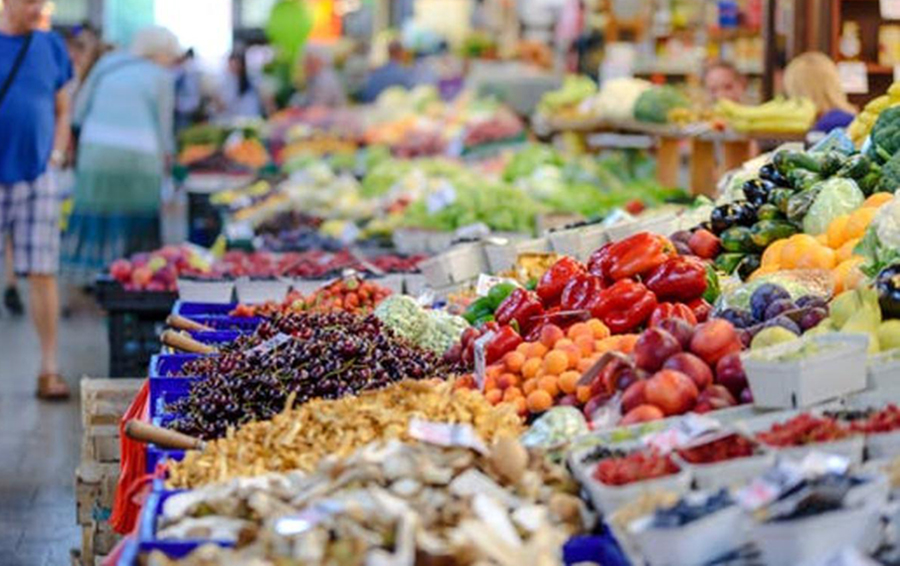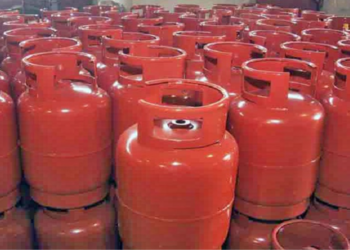It appears the incomes and consumption of households in Nigeria remain unstable when compared with the pre-pandemic period.
This is according to the Nigeria COVID-19 National Longitudinal Phone Survey (COVID-19 NLPS) 2020 Fifth Round, implemented by the National Bureau of Statistics (NBS) in September 2020.
This survey is the 5th of a planned 12 rounds of the COVID-19 NLPS of households in Nigeria.
The Fifth Round, which was conducted between September 7-21, 2020, contacted 1,856 households from the baseline (First Round) and 1,773 households were fully interviewed. The data is representative at the national level and survey weights were calculated to adjust for non-response and under coverage.
World Bank teams from the Development Data Group and the Poverty and Equity Global Practice provided technical support in conducting the survey.
Key highlights
- The share of survey respondents who are working has stabilized at 85%, close to the pre-COVID level.
- The share of Nigerians aged 15-64 who are working remains slightly lower than before the crisis at 71% in September 2020, compared with 77% in July/August 2018. Women and youth have had a slower recovery.
- The crisis may potentially be entrenching pre-existing labour market gender inequality. In July/August 2018, 83% of working-age men and 72% of working-age women were working, but dropped to 78% and 65% respectively by September 2020.
- The share of working Nigerians engaged in commerce activities rose from 18% in July/August 2018 to 26% in September 2020, largely at the expense of services and industry – mainly driven by women, those with lower levels of education, and those in poor households.
- The overall share of working Nigerians engaged in agriculture remained fairly constant between July/August 2018 and September 2020 at around 48%. Although, Nigerians with higher levels of education appear to have switched into agriculture, potentially implying that labour is being misallocated as the crisis advances.
- The share of people who are working fell across the consumption distribution, but there was a relatively large decline for individuals in the lowest consumption quintile, threatening to increase the depth of poverty in Nigeria.
- In urban areas, the share of people working moved from 68% before the crisis to 66% in September 2020. However, in rural areas, the share of people working dropped from 81% to 74% over the same period.
- The share of women who were working dropped more than the share of men who were working between the pre-crisis period and September 2020.
The Fifth-Round survey collected information from up to six working-age individuals (15-64 years) in the household rather than just the main respondent. This permitted more detailed individual-level analysis of people’s working situation.
To capture people’s working situation, the brief focuses on the share of people who were working – either for pay or profit or in own-use production (such as subsistence farmers) – consistent with previous NLPS data and policy briefs.
An alternative measure of people’s working situation is the ‘employment-to-population ratio’, which captures the share of the working-age population (those aged 15-64 years) who are working for pay or profit but does not count those engaged in own-use production activities.
Unlike the share of people working, the employment-to-population ratio increased slightly between July/August 2018 and September 2020, rising from 61% to 66%.
The survey indicated that the recovery among survey respondents has reached the pre-pandemic levels in rural areas (87%), where the changes observed since June may be partially explained by the normal cycles in agriculture. In contrast, the share of working respondents in urban areas has recovered at a slower pace and has not yet reached the pre-COVID levels.
What you should know
- In April 2020, the National Bureau of Statistics (NBS), with support from the World Bank, launched the COVID-19 National Longitudinal Phone Survey (NLPS) – a monthly survey of a nationally representative sample of 1,950 households, to monitor the socio-economic impact of the COVID-19 pandemic and other shocks.
- The first round (baseline) of the survey was conducted in April/May 2020, during which a federally mandated lockdown was in full effect. The survey is part of a World Bank global effort to support countries in their data collection efforts to monitor the impacts of COVID-19.


















